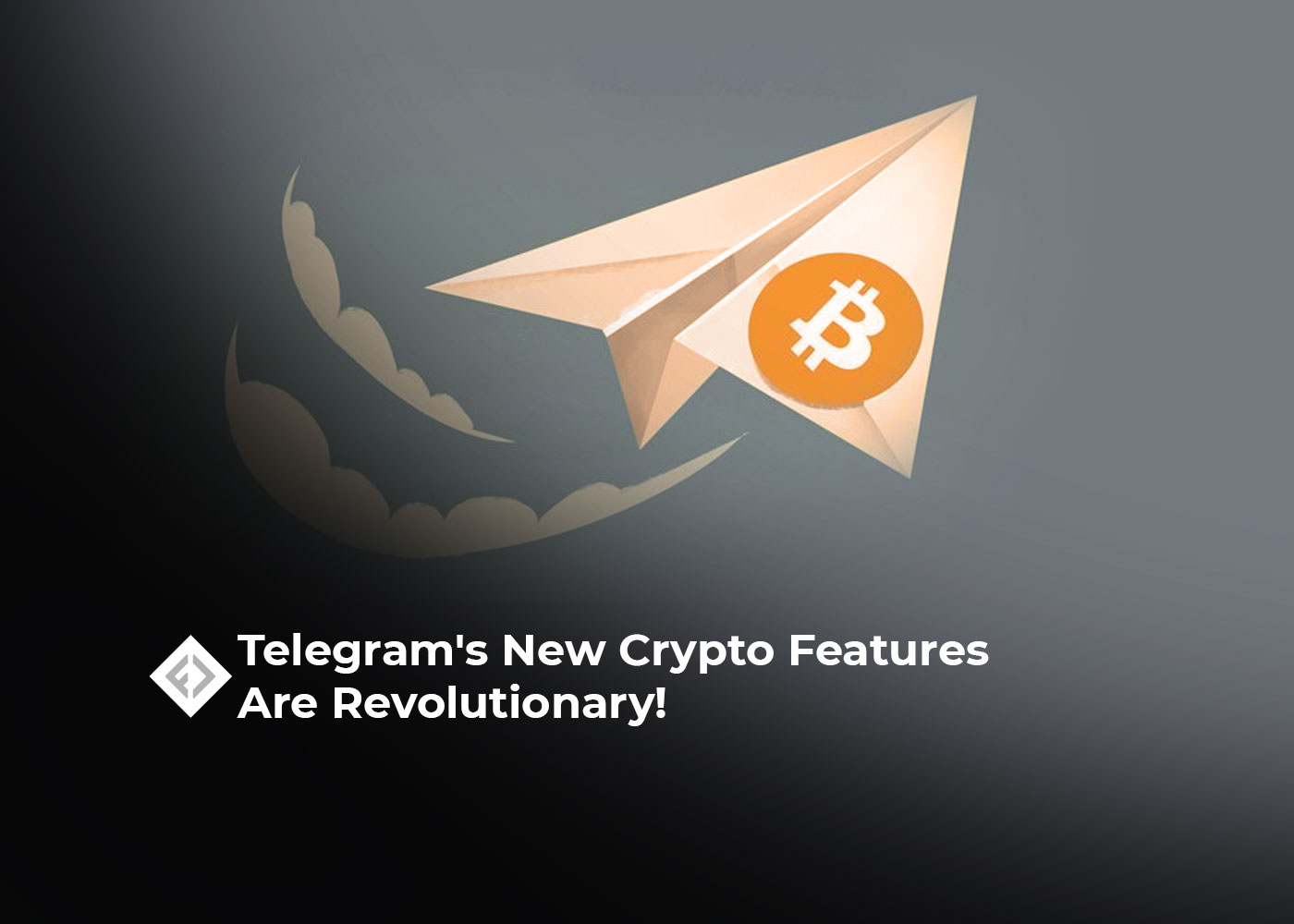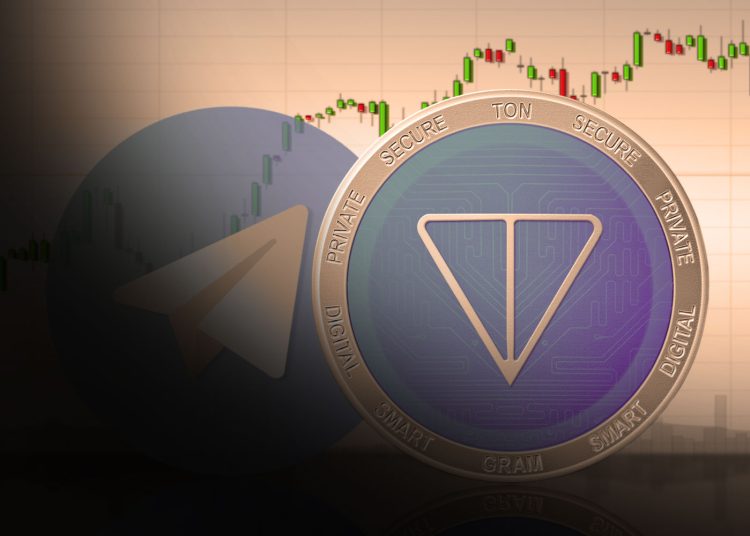Sendingcryptocurrencies via chat – The Telegram software promises the ability to share messages, photographs, emoticons, and noweven cryptocurrencies. Already well-known for its secrecy, the messaging service gains points by making over-the-counter cryptocurrency transfers as simple as possible. Its developers have now announced the availability of USDT, the third largest cryptocurrency on the market, for this service. Telegram contributes to the democratization of technology and takes another step toward cryptocurrencies by permitting the usage of a stablecoin.
Telegram is Being Accused by Many
The messaging service, founded by two tech-savvy siblings, has fostered its uniqueness from the outset. Actually, Nikolai and Pavel Durov are political rivals of Vladimir Putin, and the goal was to provide a service that would enable communication without putting oneself in danger of spying. As a result, Telegram has been accused of not only serving the interests of terrorists or drug traffickers but also of permitting private discussions between French politicians.
Telegram‘s creators hoped to create a blockchain service to exchange cryptocurrency as early as 2018, and they termed it Telegram Open Network (TON). Eventually, the project was cancelled due to delays with the SEC. But, around this time, the TON Foundation was founded, and it would continue to produce goods based on the same concepts. This is how Telegram’s Wallet Bot enabled the transfer of toncoins, bitcoins, and now USDT.

Telegram is Competing Against the Giants
According to CoinMarketCap, USDT represents about 50 billion daily transactions, and it will allow Telegram on theterritories of Twitter and even Stripe, which is also developing special ties with cryptocurrencies. The fight for micropayments and simple transfers has begun, and Telegram is winning.
Yet, these mobile applications, such as Telegram, compete directly with traditional banks, which are also attempting to gain market share in this industry. Digital central bank currencies and stablecoins of all types are infiltrating bank offices throughout the world, promising to shortenand streamlinethe good old SWIFT system. It is specifically the project of Gibraltar’s Xapo bank, which recently integrated the USDC into its operations.











